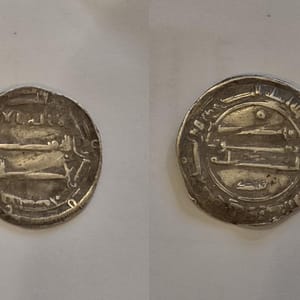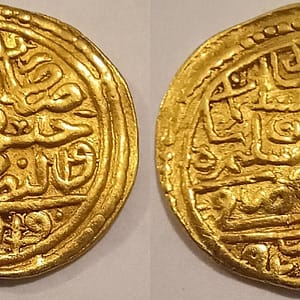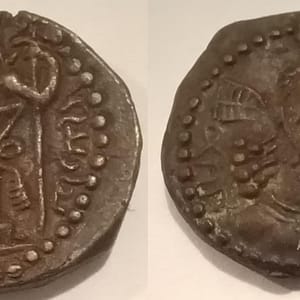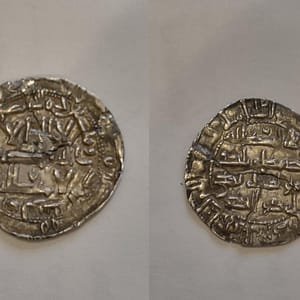Saladin, also known as Salah ad-Din Yusuf ibn Ayyub, was a towering figure in Islamic history, renowned for his military prowess, strategic brilliance, and chivalrous character. Born in 1137 AD in Tikrit (modern-day Iraq), Saladin rose to prominence as the Sultan of Egypt and Syria during the 12th century. He became widely known for his role in the Crusades, particularly the recapture of Jerusalem from the Crusaders in 1187 AD.
Saladin’s leadership during the Battle of Hattin marked a turning point in the Crusades, where he decisively defeated the Crusader forces led by Guy of Lusignan, resulting in the fall of Jerusalem. Despite his military successes, Saladin was celebrated for his merciful treatment of captives and his adherence to Islamic principles of justice and compassion.
Beyond his military achievements, Saladin was a patron of arts and culture, fostering an environment of intellectual flourishing in the lands under his control. His legacy extends beyond the battlefield; he is revered in both the East and the West as a symbol of unity, integrity, and religious tolerance. Saladin’s life and deeds continue to inspire admiration and respect, making him an enduring icon of Islamic history.





